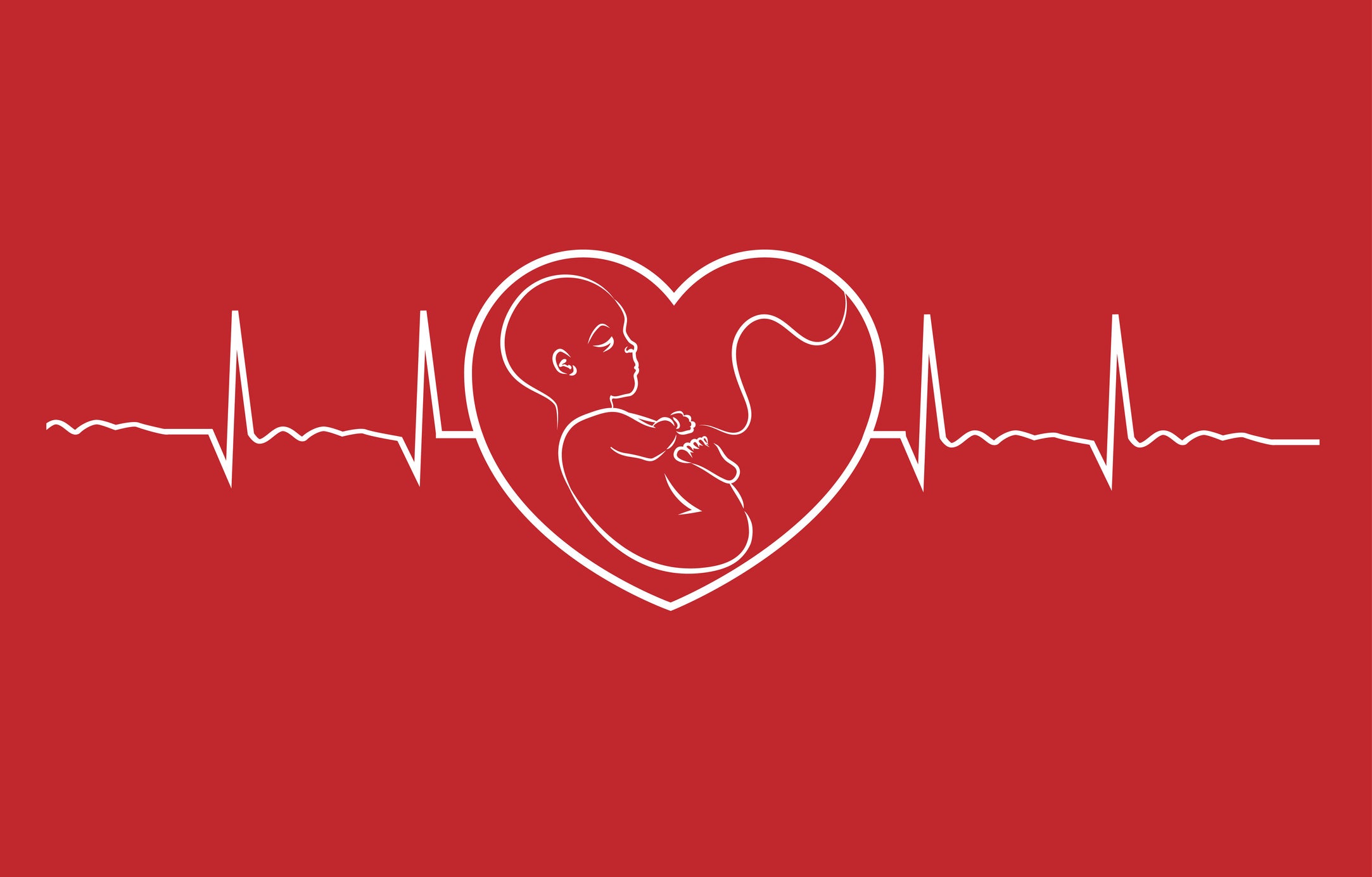Pregnancy puts an extra strain on the heart, just as it does other parts of the body. Carrying a child requires the heart to work harder than normal as it supplies blood to the uterus. The following changes to the heart and blood vessels during pregnancy are common:
Increase in blood volume
The amount of blood in the body rises as much as 50 percent and remains high until baby is born.
Increase in heart rate
It is normal for the heart rate to increase about 25 percent faster than usual during pregnancy.
Increase in cardiac output
Cardiac output refers to the amount of blood pumped by the heart each minute. During pregnancy, the output gradually increases by 40 percent, because of the increase in blood volume.
Decrease in blood pressure
Low blood pressure during pregnancy is common, but should be monitored. Your health care provider will check your blood pressure during your prenatal appointments.
These natural changes may cause fatigue, palpitations, light-headedness and shortness of breath. Although these symptoms are normal during pregnancy, speak with your health care provider if you are concerned or have any questions. Women with existing cardiac problems or those at greater risk for developing cardiovascular disease should talk to their doctor before getting pregnant.
To schedule an appointment with a women’s services provider, please call 727.2727.

Latest News
- Lovelace Regional Hospital honored with annual Momentum Award for exceptional improvements in operations and patient care
- Lovelace Women’s Hospital and CSI Aviation team up to provide air and ground transportation for NICU babies
- Heart Hospital of New Mexico at Lovelace Medical Center Earns 2025 Leapfrog Top
- New Mexico Heart Institute acquire state-of-the-art CT scanner for cardiac patients
- Lovelace UNM Rehabilitation Hospital acquires functional electrical stimulation machine to enhance the impact of traditional therapeutic activities
